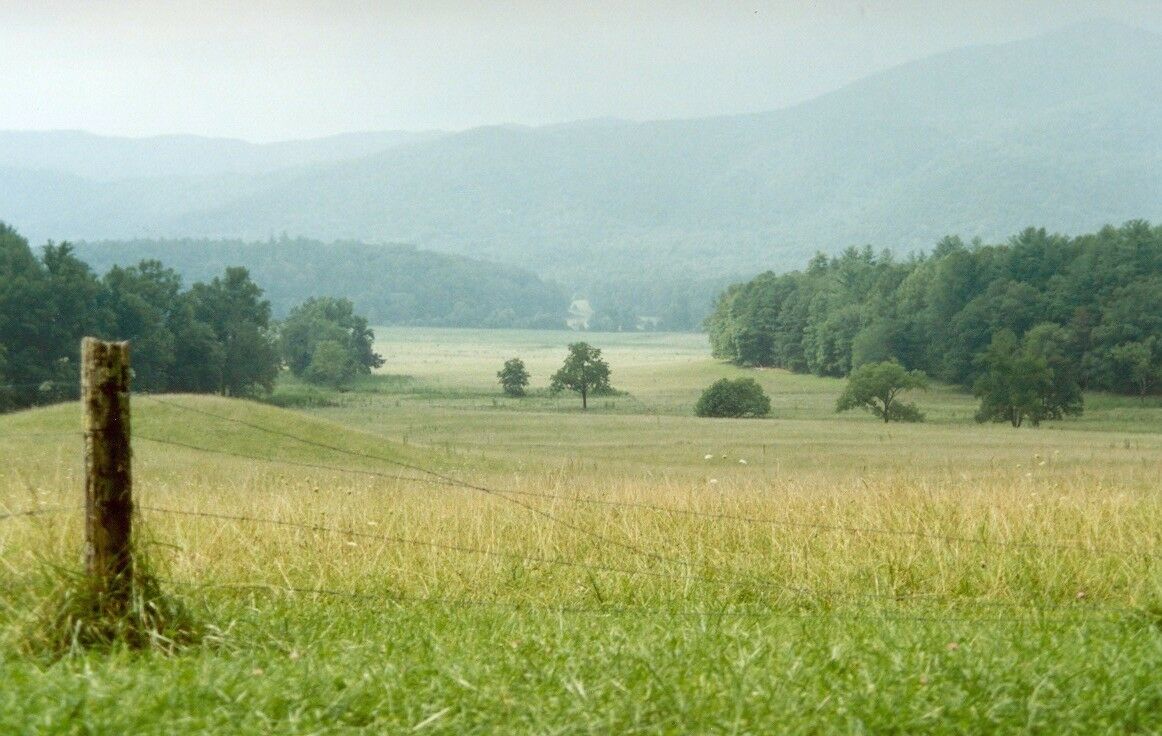Global Environmental Change - EBIO 1040

Global Environmental Change - EBIO 1040

 These course materials are intended for
students enrolled in EBIO 1040 for Fall 2014.
These course materials are intended for
students enrolled in EBIO 1040 for Fall 2014.
Lecture Syllabus
Class Schedule
Terms
Lecture Notes
Global Change Playlists
The Louisiana Environment
Links
Class Time: Tues. & Thurs., 11:00 to 12:15, in Boggs 122.
Instructor: Dr.
Bruce E. Fleury
Stern
4030, (862) x8290, or leave a message at x5191 (EEB
Office)
email
to: bfleury@.tulane.edu
home
page: http://www.tulane.edu/~bfleury/
Office Hours: Tues.& Thurs. 1:15-3:00, or by appointment.
Textbook: Raven and Berg,
Environment. Wiley, latest ed.
Mann, Michael E., Dire Predictions:
Understanding Global Warming, DK.
Readings: Textbook and other reading assignments are listed below. The text should reinforce the lecture material, and fill in the cracks between lecture topics. Additional outside readings (book excerpts and journal articles) appear in italics. These outside readings are available on BlackBoard.
Exams: Exams
will be based on materials covered in lecture and in
your outside readings. Exams will not include topics
in the textbook that are not specifically covered in
class. The general format of the exams will be about
50/50 short-answer essays and objective questions
(definitions or fill-ins). The final exam will be
cumulative.
Lectures:
The full text of all lecture
presentations is available through the links to the
"lecture notes" at the bottom of the page. The
online lecture notes contain the full text of every
slide. The lecture notes and term list, though an
essential resource for exam review, are no
substitute for regular attendance. Lecture
presentations include extensive multimedia material,
more detailed explanations of critical concepts, and
LOTS of helpful hints on what you need to know for
the exams.
| A 93-100 | B+ 87-89 | C+ 77-79 | D+ 67-69 |
| A- 90-92 | B 83-86 | C 73-76 | D 60-66 |
| B- 80-82 | C- 70-72 | D- 55-59 |
| Date | Topic | Readings - 8th Ed. |
| August
|
||
| 26 |
Introduction to Global Change | Ch. 1-2 |
| 28 |
Attitudes Toward Nature | White |
| September |
||
| 2 |
The Balance of Nature | Ch. 5, Calhoun |
| 4 |
Earth Systems, Feedback Loops, and Gaia | Ch. 4, 6 |
| 9 |
Cycles of Nutrients and Materials | Ch. 4 |
| 11 |
Energy Flow and Ecosystem Structure | Ch. 3 |
| 16 |
Equilibrium, Feedback, and Disturbance - Community Processes | Ch. 5, Reice |
| 18 |
Origin and History of Life on Earth | |
| 23 |
Biodiversity and Extinction | Ch. 16 |
| 25 |
Lecture Exam #1 | |
| 30 |
Conservation 1 |
Ch. 16, 17 |
| October | ||
| 2 |
Conservation II - Ecosystems as Islands | |
| 7 |
Introduction to Population Ecology | |
| 9 |
Fall Break | |
| 14 |
Human Population | Ch. 8 |
| 16 |
Soil – Fertility and Degradation | Ch. 14 |
| 21 |
Agriculture, Food, and Water | Ch. 13, 18 |
| 23 |
Lecture Exam #2 | |
| 28 |
Global Change - Fossil Fuels and their Global Impact | Ch.
10, 11 |
| 30 |
Global Change - Alternate Sources of Energy | Ch. 12 |
| November |
||
| 4 |
Global Climate Change I | Ch. 20 |
| 6 |
Global Climate Change II | |
| 11 |
Global Climate Change III | |
| 13 |
Global Climate Change III |
|
| 18 |
Global Climate Change IV | Taylor, Fischetti, Penland |
| 20 |
Trash | Ch. 23, Rathje |
| 25 |
LA. Environment - Environmental Racism | Ch. 2, 7, Bullard |
| 27 |
Thanksgiving Holiday | |
| December |
||
| 2 |
Sustainable Lifestyles | Ch. 1, 24 |
| 4 |
Lecture Exam #3 | |
| Dec. 12
(Fri) |
Final Exam ,
10:30 - Noon |
Go
Here for a
list of links to general environmental sources on
the internet.
Go
Here for
information on local ecosystems and local
environmental problems.
Go
Here to
access the textbook student web
site, provided by the text publisher and keyed to
the chapters in your text.
Return
to
B. Fleury's Home Page
This page was last updated on 8/20/14